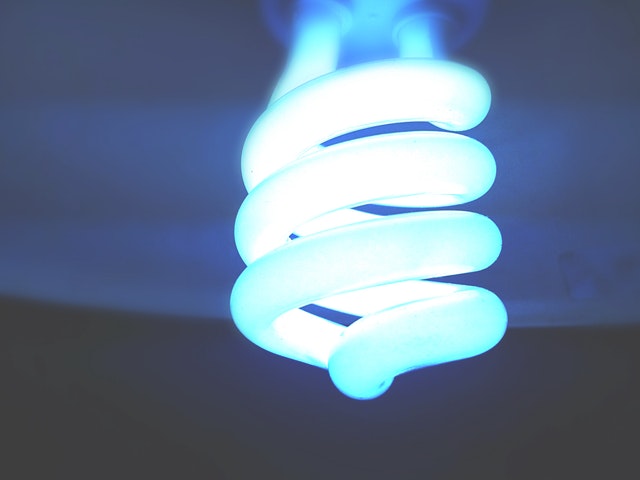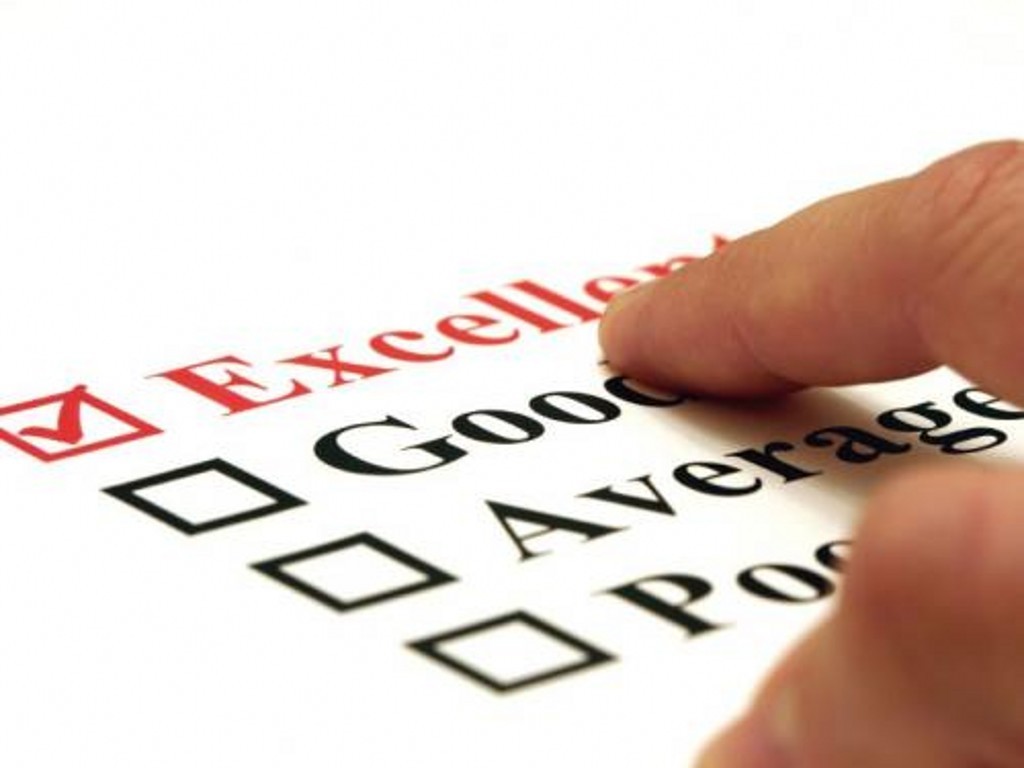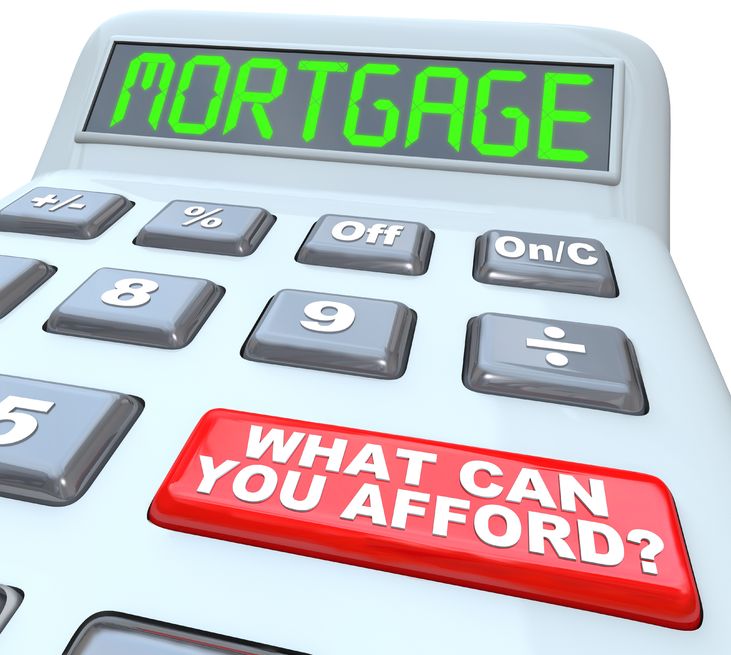Routine Maintenance Of Various Systems In Your Home
 When you are a first-time homeowner, learning about your property can feel overwhelming. There are a number of systems in your home that require routine maintenance. Knowing when to have system serviced will help keep your home running smoothly. From the plumbing in your home, to the heating and cooling, understand that each system may need routine maintenance from time to time.
When you are a first-time homeowner, learning about your property can feel overwhelming. There are a number of systems in your home that require routine maintenance. Knowing when to have system serviced will help keep your home running smoothly. From the plumbing in your home, to the heating and cooling, understand that each system may need routine maintenance from time to time.
Your Heating And Cooling System
To maintain comfortable air temperatures in your home, it’s important to keep your heating and cooling system up-to-date. If you have a whole home system, it should be serviced once before the heating season and once before the cooling season. When you get filters changed, and your system serviced, you are less likely to have to deal with emergency repairs. In addition, your HVAC system will run more efficiently.
When You Have A Septic System
Waste water leaves your home either through the town sewer system or through a septic tank. If you have a septic system on your property, you need to have the system serviced every other year. Check the records of your septic system to see when it was serviced previously.
Address Plumbing Issues
A leaky faucet is a localized problem, while discovering that all of the drains in your home are draining slowly is systemic. You need to repair small leaks to avoid wasting water in your home, while systemic problems must be addressed by a professional. If your drains aren’t working correctly, you may have a block in your main sewer line. Know where the main shut off valve is for the water coming in to your home in case of an emergency.
Electrical Needs In Your Home
Your home has an intricate electrical system that is controlled by an electrical panel usually located in your basement. When a circuit trips, you will need to reset the circuit breaker. If your home consistently has problems with a specific circuit, you’ll want to have the circuit checked by an electrician to see if it is overloaded.
It’s exciting to own a home for the first time. Once you understand the various systems in your home, it becomes easier to take care of your property. With good maintenance, you can help avoid emergency repairs to your home. Your heating and cooling will be more efficient, and you won’t run in to problems with your septic system if you have one. If there is something you don’t understand in your home, call a professional to get the problem looked at.

 If you’re worried about your bad credit, you’ll want to do everything in your power to improve your rating as quickly as possible – especially if you are looking to purchase a home in the near future. Improving your credit rating can give you access to better interest rates on mortgages or even help you to get that job you’re after.
If you’re worried about your bad credit, you’ll want to do everything in your power to improve your rating as quickly as possible – especially if you are looking to purchase a home in the near future. Improving your credit rating can give you access to better interest rates on mortgages or even help you to get that job you’re after. The decision to buy a second home may be made for a number of reasons. For example, you may have a destination where you and your family love to spend free time in, and you may be ready to settle into your own space in this location. You may be considering the tax benefits associated with a second home, and you may even have plans to live in the home as your primary residence after you retire.
The decision to buy a second home may be made for a number of reasons. For example, you may have a destination where you and your family love to spend free time in, and you may be ready to settle into your own space in this location. You may be considering the tax benefits associated with a second home, and you may even have plans to live in the home as your primary residence after you retire.